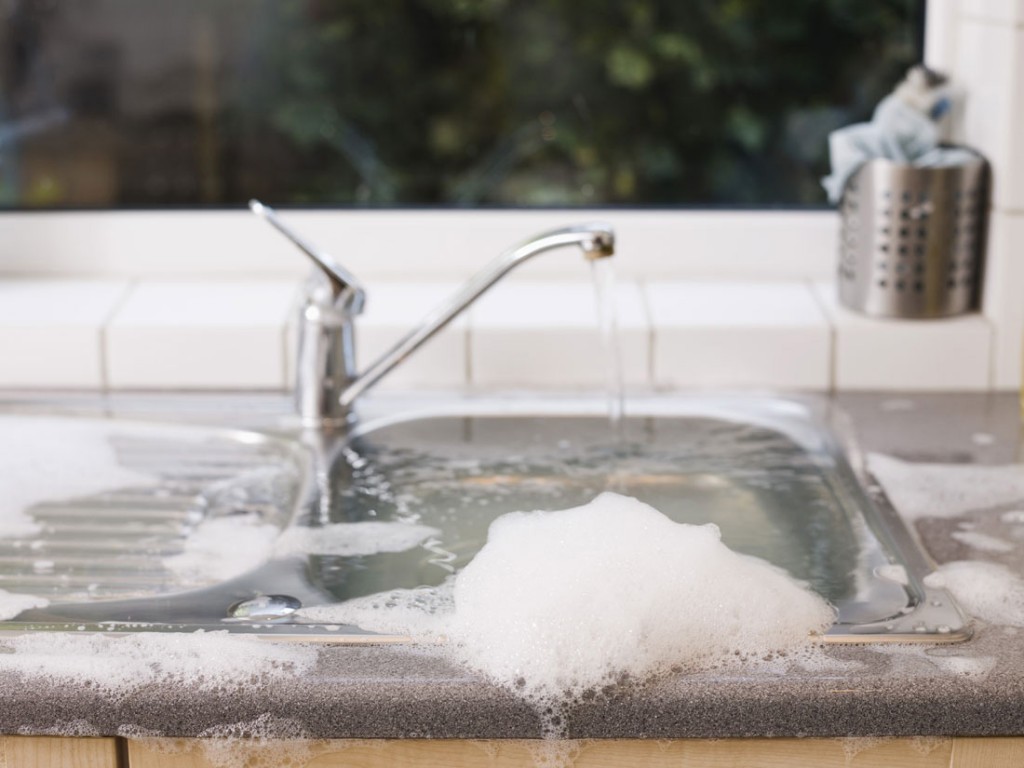Clogged drains is a common household problem. If you’ve ever lived in a house long enough to see it almost falling apart, I’m sure you have experienced this at least once. It’s not a big problem though, some clogged drains are manageable but there are also some cases wherein you might need a plumber to do the work for you. What are the most common causes of clogged drains, by the way?
We begin by explaining how it works. Plumbing fixtures within homes are designed with drains, which can often be seen beneath the fixtures. This is only a portion of a bigger system, the other half of it is usually hidden in the walls. The second part of the system is the venting, which usually leads to a pipe above the roof of the home. In a perfect and uninterrupted system, the water and waste flows freely.

Most of us encounter problems with just a single drain, in contrast to slow drainage on multiple drains or fixtures which would mean you are dealing with a larger problem. This means that there could be a build-up of material gathering in the drainpipe between your sink and the main line for some time that isn’t allowing the water to drain adequately.
The most common culprits of a dishwasher drain line are food particles which lay along the bottom of the pipe, fat which goes down the drain as a liquid floating on top of water, and soap which becomes a wet mass that sticks the walls of the pipes. So, be careful what you dump down your kitchen drains because small food particles will still end up in your drain lines and can build into a clog.
For clogged bathtub drains, loose hair and soap coagulation are the most common causes. In addition, soapsuds and residue can also build up in a tub’s drain pipe just as they can in a sink’s drain.
Toilets, on the other hand, get clogged within a specific kind of narrow trap. So, be mindful of what you try to flush down your toilet. Anything big enough the size of ear swabs and the density of sanitary napkins can lodge and actually web together, blocking the passage of waste water. Again, only flush waste and toilet paper down the toilet.
So when do you need to call a plumber? If you have severe leaks with structure damaging potential, as well as sewage overflows that could be a health hazard, then you definitely need their help. Also, if you have complete loss of water supply to your toilet or if you can’t find a solution to your toilet issues, then go check out our Top 10 Plumbers in your area now!

Leave a Reply